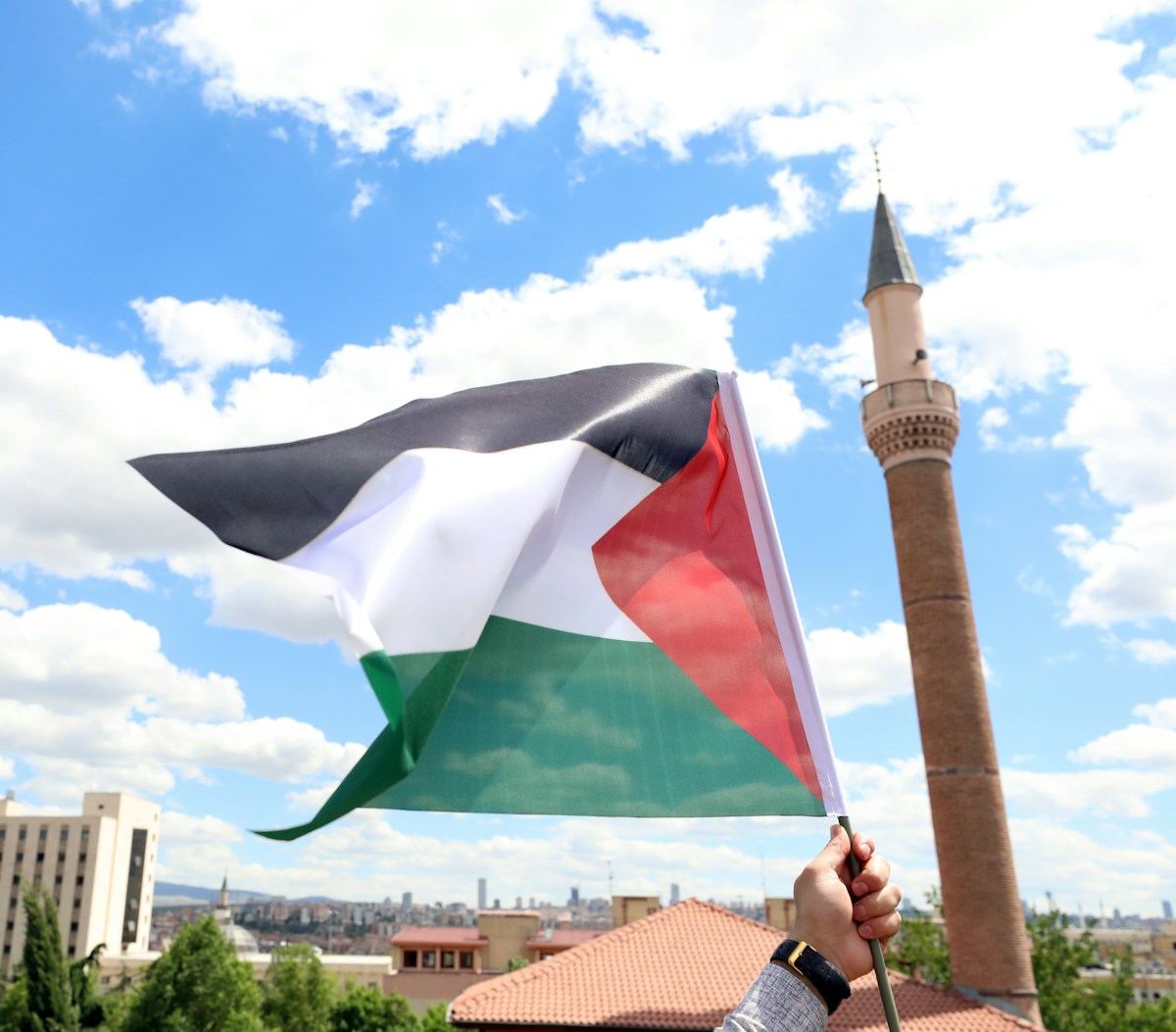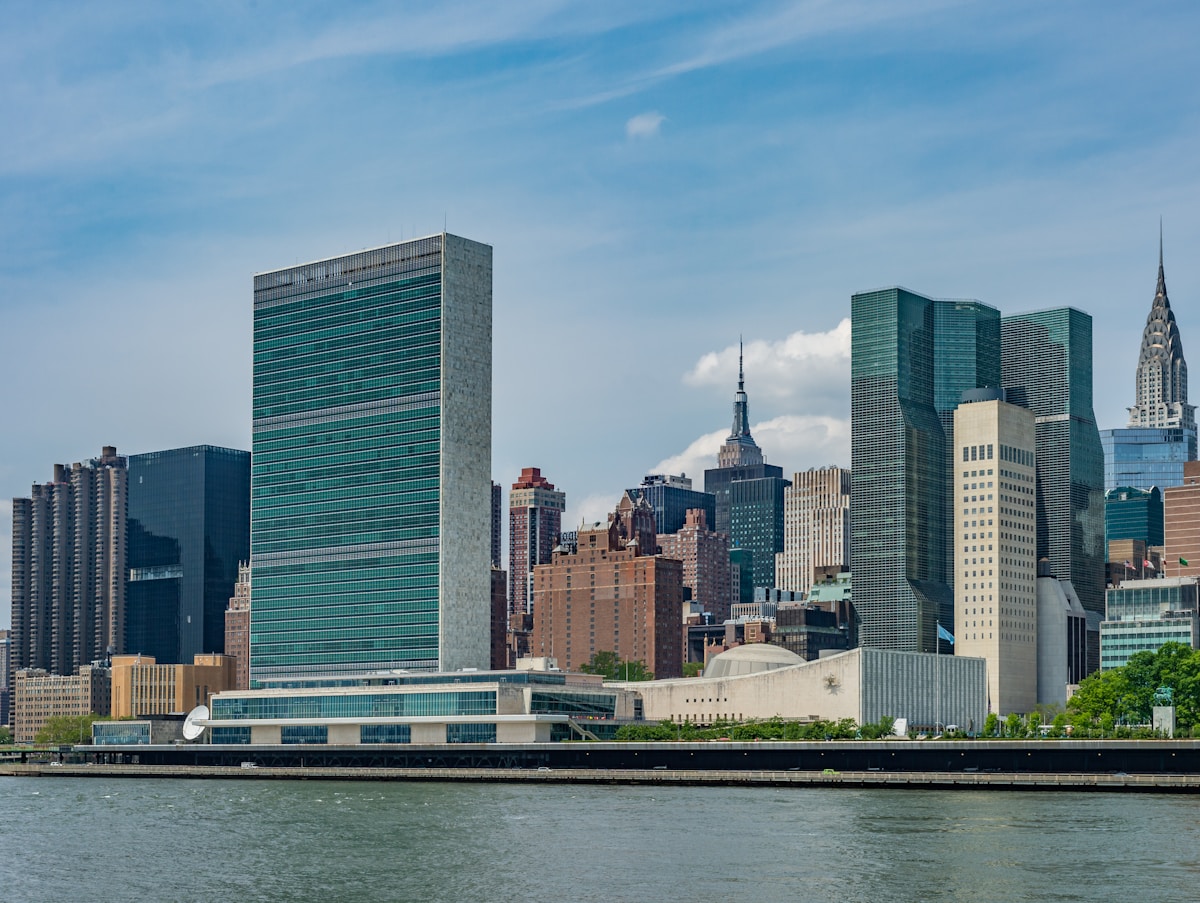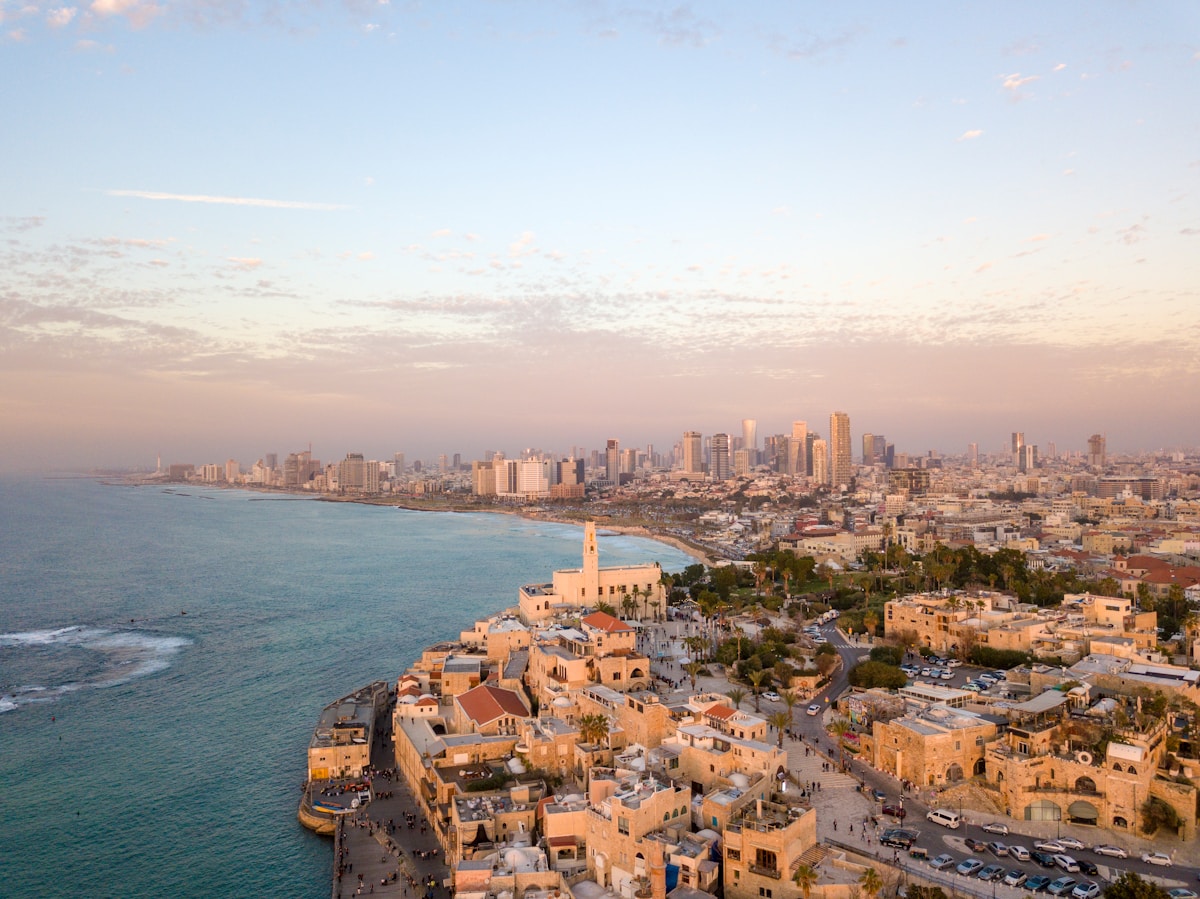How did Hamas get into Israel?
Today, we will delve into some fundamental observations about Israel's current situation concerning Gaza. This topic is multifaceted, so I'll focus on the pivotal events that shaped today's scenario. The blame can become distributed among various players! From individuals with good intentions to those with malevolent designs, and the sheer magnitude of problems with no straightforward solutions.
The journey will be a mix of historical accounts, perspectives, and challenging stances, so bear with me.

The recent turmoil in Gaza seemed as unavoidable as a natural disaster waiting to happen. These events' timing, coinciding with significant anniversaries, seems almost poetic to some.
Gaza has a complex history that won't be dissected in its entirety here, but a brief recap: from its population growth from 120,000 in 1950 to 2.3 million today, to its turbulent relationship with neighboring states. Israel, wanting to withdraw from its occupation role, pulled out from Gaza in 2005. Consequently, after a series of political events, Hamas, labeled a terrorist organization by many, assumed control.
The transformation of Gaza into a hotspot under Hamas's rule didn't deter international aid. This assistance, combined with local support, made it a formidable ally for Iran. Despite Gaza's growing aggression, there was no popular resistance against Hamas from its inhabitants.

The recent surge in violence from Gaza is a culmination of prolonged tension and external factors. While the Gazans played a significant role, international players also contributed to the chaos.
Gaza, marked by intense poverty and distress, needed external funding. The support it received was a combination of deliberate assistance, ignorance, and encouragement. Two primary backers were the 'International Community', mainly affluent nations and global institutions, and Iran.
Ignoring the Arab world's part in this, there's also a need to address Israel's role, which I'll save for a future discussion.

Many were caught unprepared when the inherent nature of a terrorist-run state emerged. Some within the International Community genuinely became blindsided, while others seemed to silently support the events or were indifferent.
Some thinkers and writers, like Armin Rosen, are beginning to admit their misconceptions. Not all of them are the main culprits; some genuinely believed in a better outcome.
Understanding Hamas is crucial. While they voice anti-Semitic views and call for Israel's destruction, many in Gaza do not necessarily align with these ideals. A significant portion of the population seems discontented with Hamas's governance. Yet, the organization has gone unchallenged due to a lack of internal elections.
The West, especially the European Union, has had mixed reactions to the crisis. Various international diplomats and leaders have either shown overt support for Gaza or have provided covert aid. International statements condemning Hamas have seen some countries in agreement and others, like Canada, giving more nuanced responses.
The UN's(pictured below) role in Gaza, especially in education, has been questionable, with accusations of propagating hatred.

Media outlets, particularly in the West, seem to follow a pattern, supporting or excusing Hamas's actions, rather than challenging them.
The US, under the Biden Administration, has shown a tendency to align more with the policies of the Obama era, appearing to favor Iran. With the ongoing espionage scandal, the US's stance becomes more complicated, especially concerning Iran and its proxies.
Academia, too, has seen pro-Gaza sentiments, with many protests and demonstrations in support of Gaza. Some of these academic figures now appear surprised by the very outcomes they indirectly endorsed.
The challenges are vast, and while some corrective measures were expected post-9/11, the outcome has been less than satisfactory.
In conclusion, understanding the Gaza situation requires a look at its allies, with Iran being a significant player. As part of an alliance supported by Iran, Hamas shares the goals of several other groups, including the Houthis in Yemen and Hezbollah in Lebanon. The collective aim: Israel's destruction. The complexities of Gaza and its allies make this a situation that's difficult to resolve.
Written by CDR Salamander
How did Hamas get into Israel?
